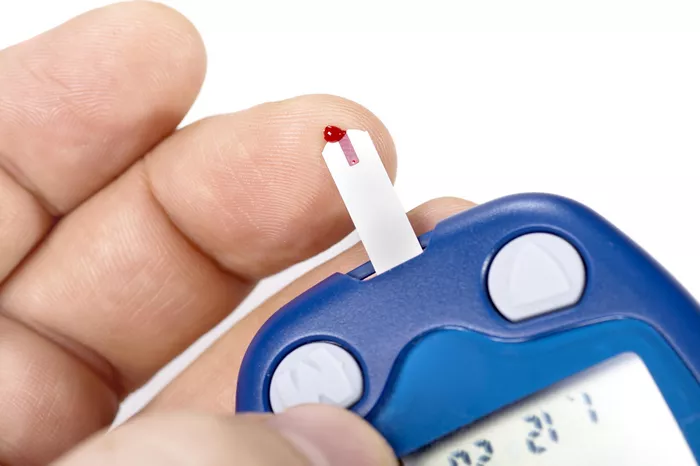Hypoglycemia is a medical condition characterized by abnormally low blood sugar levels, typically below 70 mg/dL (3.9 mmol/L). Common symptoms of hypoglycemia include shakiness, sweating, palpitations, confusion, and dizziness. While hypoglycemia is often associated with diabetes, it can also occur in individuals without diabetes, a condition known as non-diabetic hypoglycemia.
Stress and Its Effects
Stress is a natural physiological response to challenging or threatening situations. When the body perceives a stressor, it activates the fight-or-flight response, releasing stress hormones such as adrenaline and cortisol. These hormones trigger a cascade of physiological changes, including increased heart rate, elevated blood pressure, and heightened alertness. In response to stress, the body may also release stored glucose into the bloodstream to provide energy for the impending threat.
Stress-Induced Hypoglycemia
While stress hormones like adrenaline are typically associated with increasing blood sugar levels, in some cases, they can also cause hypoglycemia, particularly in non-diabetic individuals. The mechanisms underlying stress-induced hypoglycemia are complex and multifactorial but may involve excessive release of insulin in response to stress hormones, impaired glycogen storage in the liver, or increased glucose utilization by peripheral tissues under stress.
Risk Factors
Several factors may increase the risk of stress-induced hypoglycemia, including chronic stress, poor diet, inadequate sleep, and certain medical conditions such as adrenal insufficiency or liver disease. Additionally, individuals with a history of anxiety disorders or panic attacks may be more susceptible to stress-induced hypoglycemia due to the heightened release of stress hormones in response to perceived threats.
Symptoms and Diagnosis
The symptoms of hypoglycemia can vary widely but may include shakiness, sweating, palpitations, confusion, irritability, and weakness. In non-diabetic individuals, these symptoms may be exacerbated by stress or anxiety. Diagnosis of hypoglycemia typically involves assessing symptoms, measuring blood sugar levels, and evaluating the response to treatment. Whipple’s triad, which includes symptoms consistent with hypoglycemia, documented low blood sugar levels, and resolution of symptoms with glucose administration, may aid in diagnosis.
Management and Prevention
Managing stress-induced hypoglycemia involves addressing underlying stressors and adopting healthy coping mechanisms to reduce stress levels. Techniques such as deep breathing, meditation, yoga, and regular exercise can help alleviate stress and stabilize blood sugar levels. Dietary and lifestyle changes, such as eating regular meals, avoiding excessive alcohol consumption, and getting an adequate amount of sleep, can also help prevent hypoglycemia in non-diabetic individuals.
When to Seek Medical Help
While mild hypoglycemia can often be managed with lifestyle modifications, severe hypoglycemia requires immediate medical attention. Symptoms such as loss of consciousness, seizures, or inability to swallow should prompt immediate treatment with fast-acting carbohydrates or glucagon injection. Individuals experiencing recurrent or unexplained episodes of hypoglycemia should consult a healthcare professional for further evaluation and management.
Research and Studies
Recent studies have shed light on the complex relationship between stress and hypoglycemia in non-diabetic individuals. A study published in the Journal of Clinical Endocrinology and Metabolism found that acute stress significantly increased the risk of hypoglycemia in healthy individuals, particularly in those with a history of anxiety or depression. Another study published in Psychoneuroendocrinology reported that chronic stress was associated with dysregulation of the hypothalamic-pituitary-adrenal axis, leading to aberrant cortisol secretion and increased vulnerability to hypoglycemia.
Conclusion
In conclusion, stress-induced hypoglycemia can pose significant challenges for non-diabetic individuals, affecting their physical and mental well-being. Understanding the mechanisms underlying stress-induced hypoglycemia, recognizing the symptoms, and adopting appropriate management strategies are essential for preventing complications and improving overall quality of life. By managing stress effectively, adopting a healthy lifestyle, and seeking medical attention when needed, individuals can reduce the risk of hypoglycemia and maintain stable blood sugar levels.
Related Topics:
























